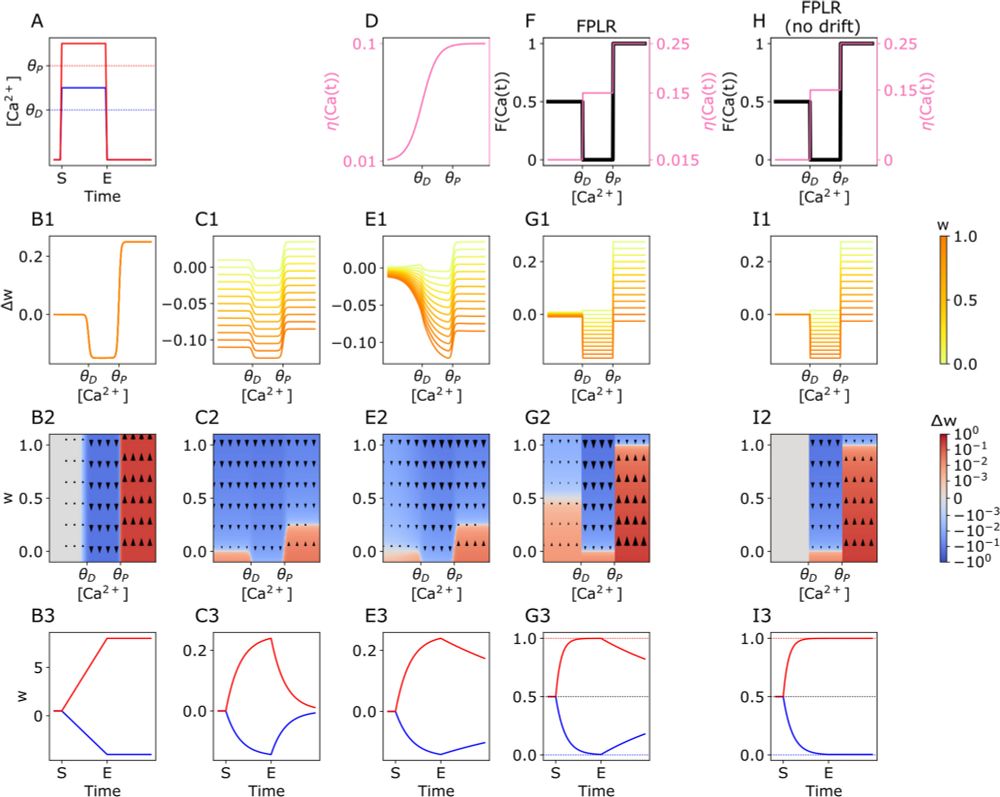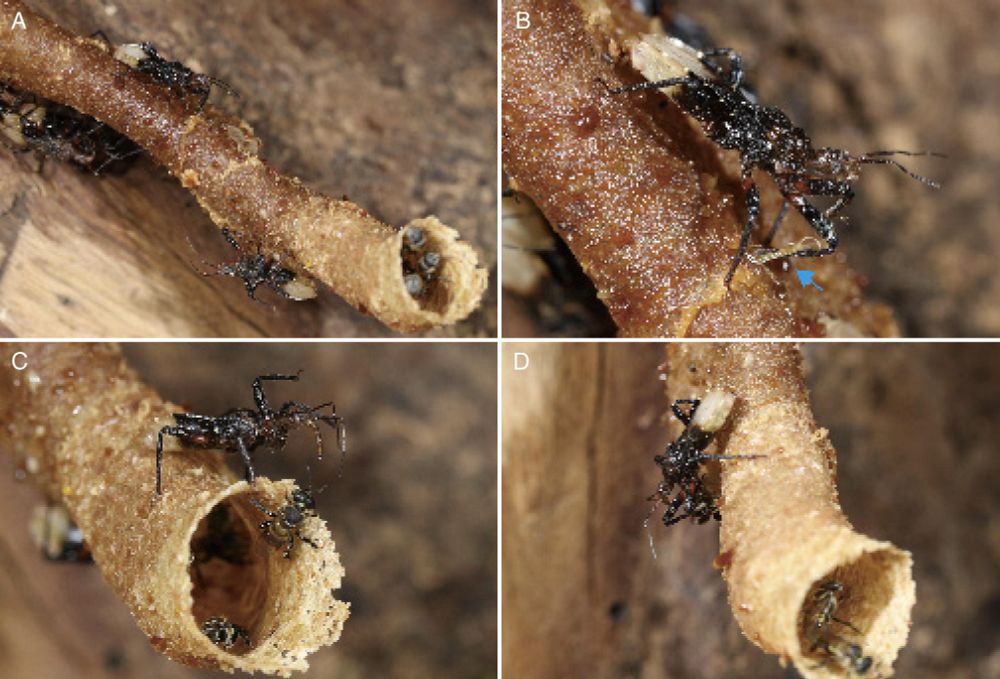Toviah Moldwin
@tmoldwin.bsky.social
290 followers
350 following
340 posts
Computational neuroscience: Plasticity, learning, connectomics.
Posts
Media
Videos
Starter Packs
Toviah Moldwin
@tmoldwin.bsky.social
· May 17
Toviah Moldwin
@tmoldwin.bsky.social
· May 17
Toviah Moldwin
@tmoldwin.bsky.social
· May 16
Toviah Moldwin
@tmoldwin.bsky.social
· May 16
Toviah Moldwin
@tmoldwin.bsky.social
· May 16
Toviah Moldwin
@tmoldwin.bsky.social
· May 16
Toviah Moldwin
@tmoldwin.bsky.social
· May 16
Toviah Moldwin
@tmoldwin.bsky.social
· May 16
Toviah Moldwin
@tmoldwin.bsky.social
· May 16
Toviah Moldwin
@tmoldwin.bsky.social
· May 15
Toviah Moldwin
@tmoldwin.bsky.social
· May 13
Toviah Moldwin
@tmoldwin.bsky.social
· May 7
Toviah Moldwin
@tmoldwin.bsky.social
· May 4
Toviah Moldwin
@tmoldwin.bsky.social
· May 4
Toviah Moldwin
@tmoldwin.bsky.social
· May 3
Toviah Moldwin
@tmoldwin.bsky.social
· May 3

A generalized mathematical framework for the calcium control hypothesis describes weight-dependent synaptic plasticity - Journal of Computational Neuroscience
The brain modifies synaptic strengths to store new information via long-term potentiation (LTP) and long-term depression (LTD). Evidence has mounted that long-term synaptic plasticity is controlled vi...
link.springer.com
Toviah Moldwin
@tmoldwin.bsky.social
· May 3
Toviah Moldwin
@tmoldwin.bsky.social
· May 3
Toviah Moldwin
@tmoldwin.bsky.social
· May 3
Toviah Moldwin
@tmoldwin.bsky.social
· May 3
Toviah Moldwin
@tmoldwin.bsky.social
· May 3
Toviah Moldwin
@tmoldwin.bsky.social
· May 3


